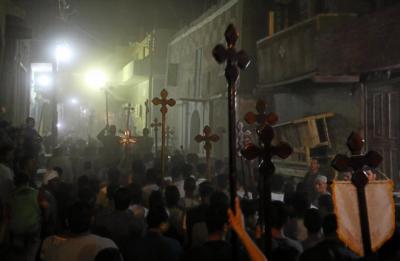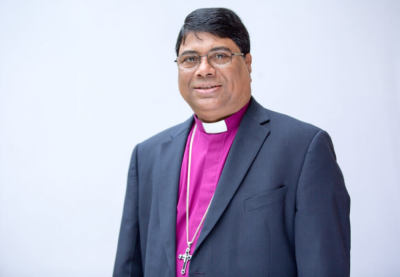A mob of Muslim villagers attacked the homes and shops of Coptic Christians in Egypt’s Minya governorate over rumors that a Christian man had posted a comment denigrating Islam on Facebook, according to reports.
At least one elderly woman was hospitalized for burns suffered in the fire in her home after groups close to Islamist groups used stones and Molotov cocktails to target the Coptic Orthodox community in al Barsha Thursday, according to Independent Catholic News.
The man accused of posting the comment against Islam on his personal Facebook account said that his page had been hacked.
The mob also tried to attack the church of Abou Sefin, where the congregation was celebrating the beginning of the Coptic fast, reported the U.K.-based Christian Solidarity Worldwide, a United Nations-recognized NGO that works in several countries to assist persecuted communities.
A minibus belonging to the church was also reportedly burnt.
Soon after the attack, General Osama Al Qadi, the governor of Minya, called a meeting with village leaders to ease the tensions and calm the passions, ICN reported. Al Qadi also urged Muslim clergy to promote coexistence and tolerance through their sermons in mosques.
“Despite these appeals, proclamations continue to be spread through social media that foment opposition and clash between Muslims and Coptic Christians, instigating new sectarian attacks,” ICN added.
The number of people arrested on charges relating to contempt of religion and blasphemy has risen significantly this year.
“This incident must be thoroughly investigated, with those responsible brought to justice,” CSW CEO Scot Bower said. “The societal hostility underpinning sectarian discord, which facilitates frequent outbreaks of violence in the area, must also be addressed. We encourage the Egyptian authorities to engage positively with human rights organisations to promote religious diversity and equality of citizenship through civic engagement and education.”
According to the Christian persecution watchdog group Open Doors USA, Egypt is the 16th worst persecutor of Christians in the world.
“Many Egyptian Christians encounter substantial roadblocks to living out their faith,” it notes. “There are violent attacks that make news headlines around the world, but there are also quieter, more subtle forms of duress that burden Egyptian believers. Particularly in rural areas in northern Egypt, Christians have been chased from villages, and subject to mob violence and intense familial and community pressure. This is even more pronounced for Christians who are converts from Islam.”
According to the U.S.-based advocacy group Coptic Solidarity, restrictions of free speech, free assembly and freedom of the press have been well documented since President Abdel Fattah al-Sisi rose to power in 2014.
“Crushing political dissent, imprisoning journalists and censoring the press are rarely discussed in relation to church building permits, discriminatory practices and violence against Copts in Egypt,” wrote Amy Fallas of The Tahrir Institute for Middle East Policy early this year.






